Dr. Lodovico Giaretta (RISE) visited UNIZG-FER between November 8th and November 10th, 2023. On November 8th, he gave a public talk at UNIZG-FER, hosted by the Croatian Section of IEEE, which was attended by at least 30 participants, including the members of the IoTLab involved in the AIoTwin project. In the mornings of November 9th and November 10th, Dr. Giaretta gave two interactive lectures to the members of the IoTLab, which were also streamed online to the rest of the AIoTwin consortium. In the afternoons of those two days, Dr. Giaretta participated in follow-up research meetings with the members of the IoTLab, identifying opportunities for collaboration between IoTLab and RISE, and discussing potential applications of the lecture topics in the research activities of AIoTwin and the IoTLab more broadly.
Invited talk: “Causal Temporal GNNs as Decentralised Memory Networks”
This invited talk reviewed the topic of causal temporal GNNs as the key enabler of scalable inference on dynamic graphs and showed a connection to the concept of memory networks. IoT security was discussed as a representative use case and a lightweight causal GNN/memory network architecture for real-time IoT botnet detection was introduced. The talk then moved to the core of Dr Giaretta’s research, which focuses on decentralizing inference on dynamic graphs. It was shown how the lightweight botnet detector can be deployed in a decentralised fashion, running directly on the IoT devices, thus avoiding the need for unscalable central monitoring of the IoT traffic. Finally, a wider vision was presented for decentralised, collaborative AI at the edge using GNNs.
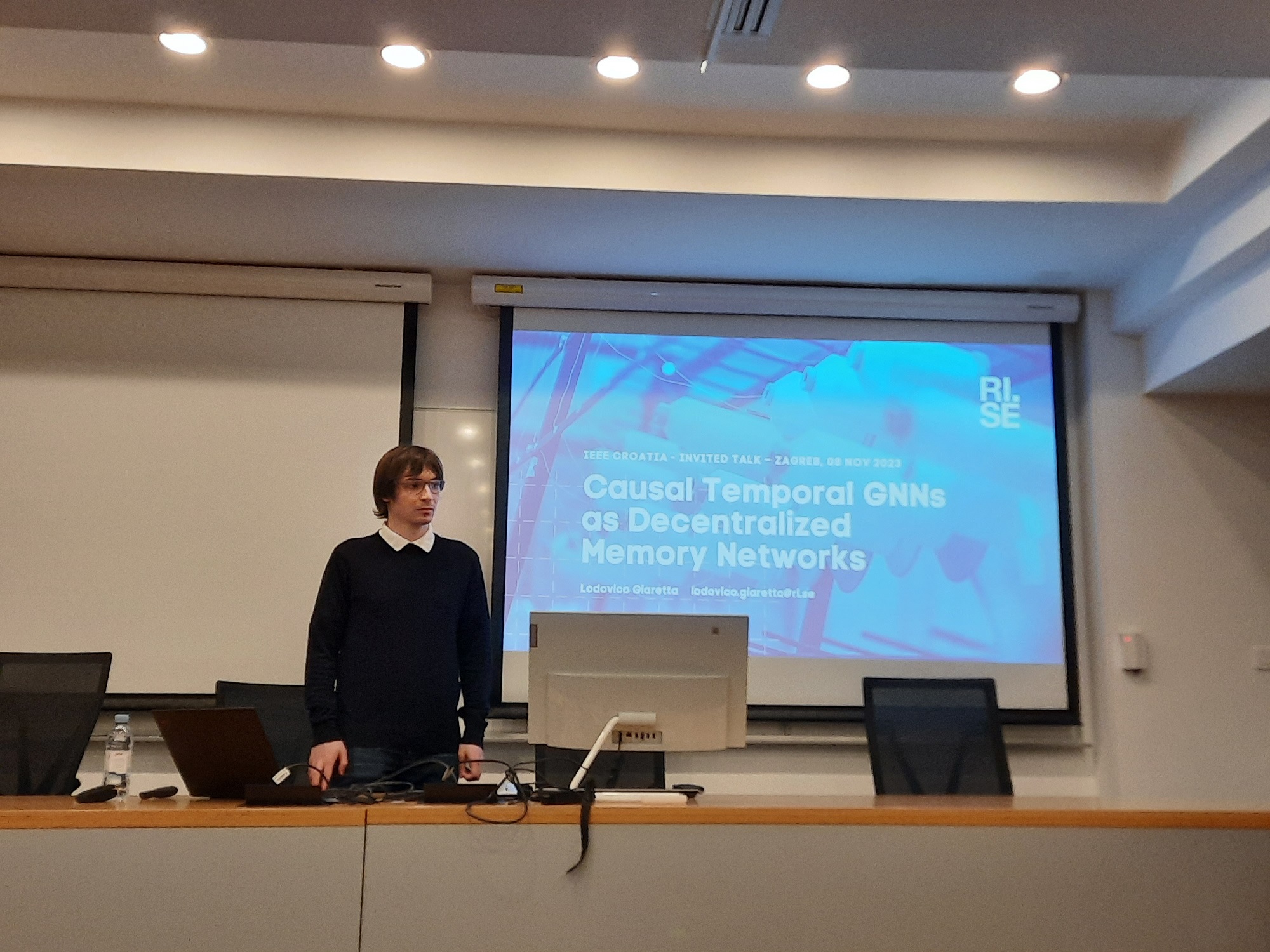
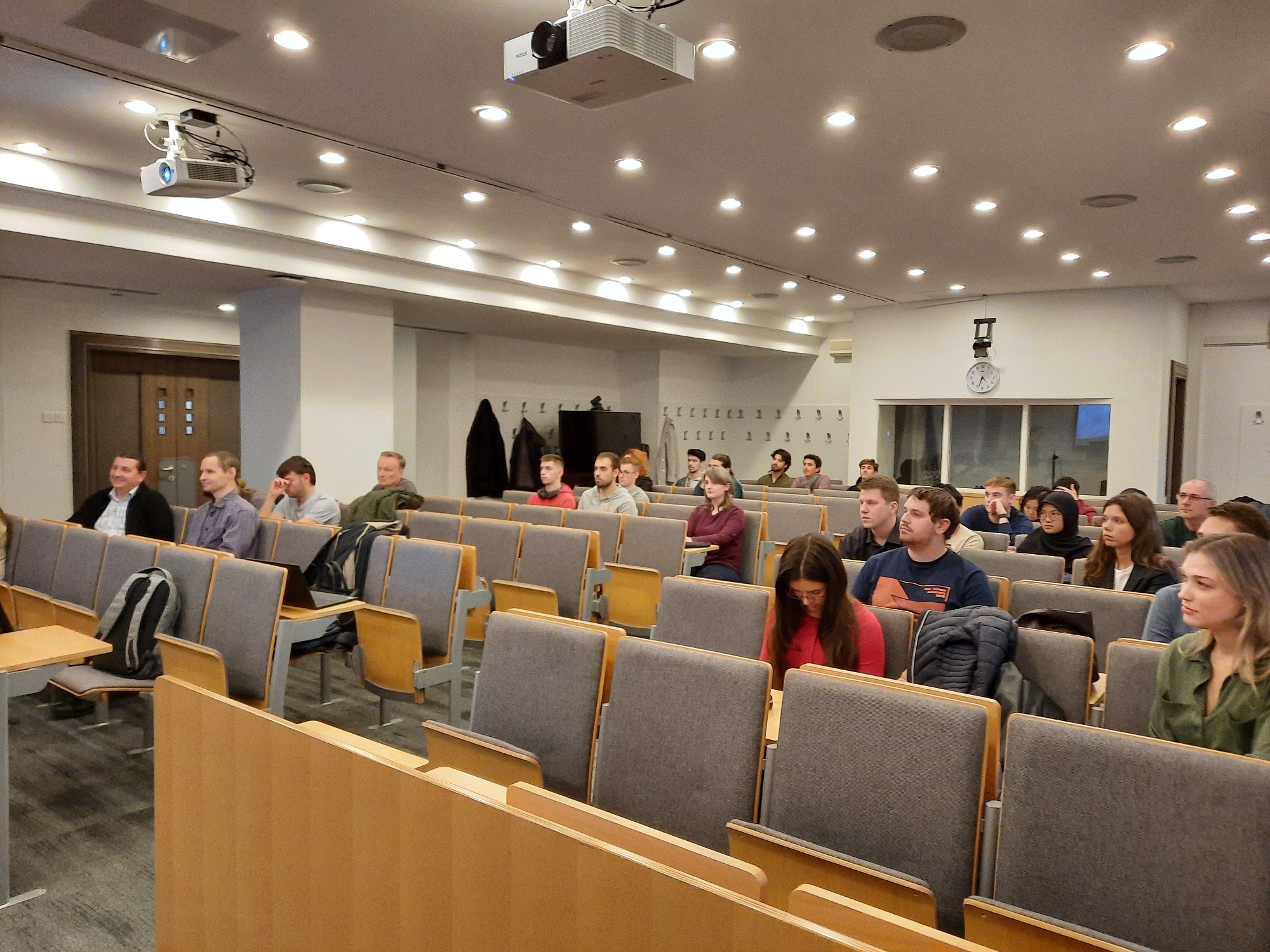
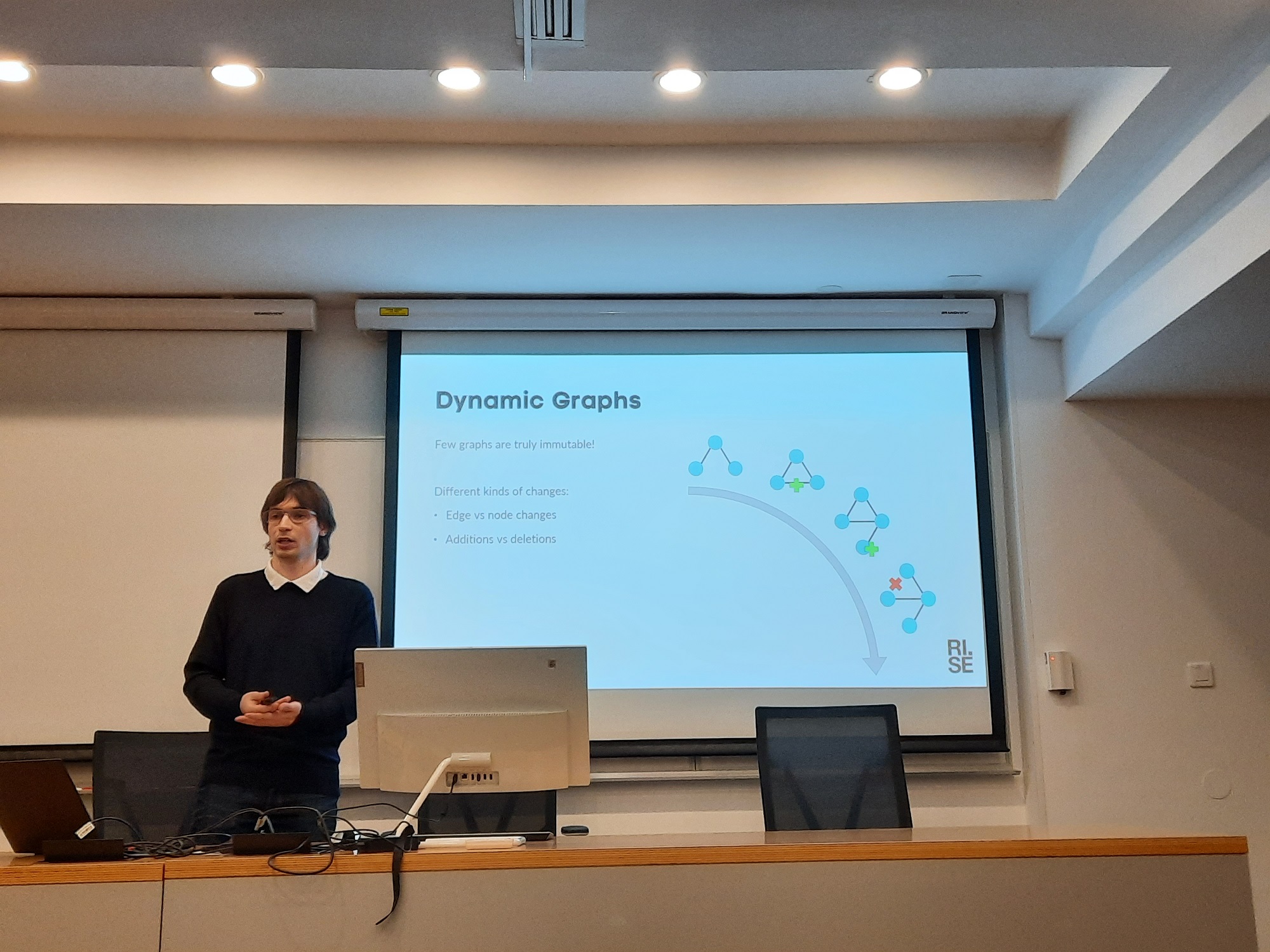
Lecture: “Decentralised Data Mining using Gossip Protocols”
This lecture introduced the broad family of Gossip Protocols and presented a detailed analysis of a few key use cases and specific techniques. First, the background and motivation for decentralised data mining was provided. Then, Gossip Protocols were introduced, with both push- and pull-based variants being presented for the use case of knowledge dissemination. Moving to data aggregation, a push-pull pseudocode for decentralised averaging was analysed. Subsequently, the implementation of random peer sampling was explored in depth and a detailed description of how to implement decentralised membership management protocols using gossiping techniques was given. The use case of overlay topology building was also briefly covered. Finally, the decentralised averaging use case was revisited with a random walk-based techniques, which served as the building block for a complex Gossip Learning protocol, capable of training a deep learning model in a decentralised manner.
Lecture: “Graph Representation Learning with Graph Neural Networks”
This lecture introduced the broad topic of Graph Representation Learning (GRL), with a particular focus on Graph Neural Network (GNN) techniques. First, the motivation and importance of GRL were laid out. Then, the general encoder-decoder framework and broad principles of GRL were introduced, including different kinds of GRL tasks, and different learning setting. A taxonomy of GRL techniques was provided, after which several traditional techniques were detailed. The lecture then proceeded with an introduction to GNN and their general message-passing framework, followed by a presentation of some key GNN architectures. Finally, a number of advanced research topics were briefly presented, including temporal GNNs, graph-level aggregation, graph transformers, and decentralised GNNs.
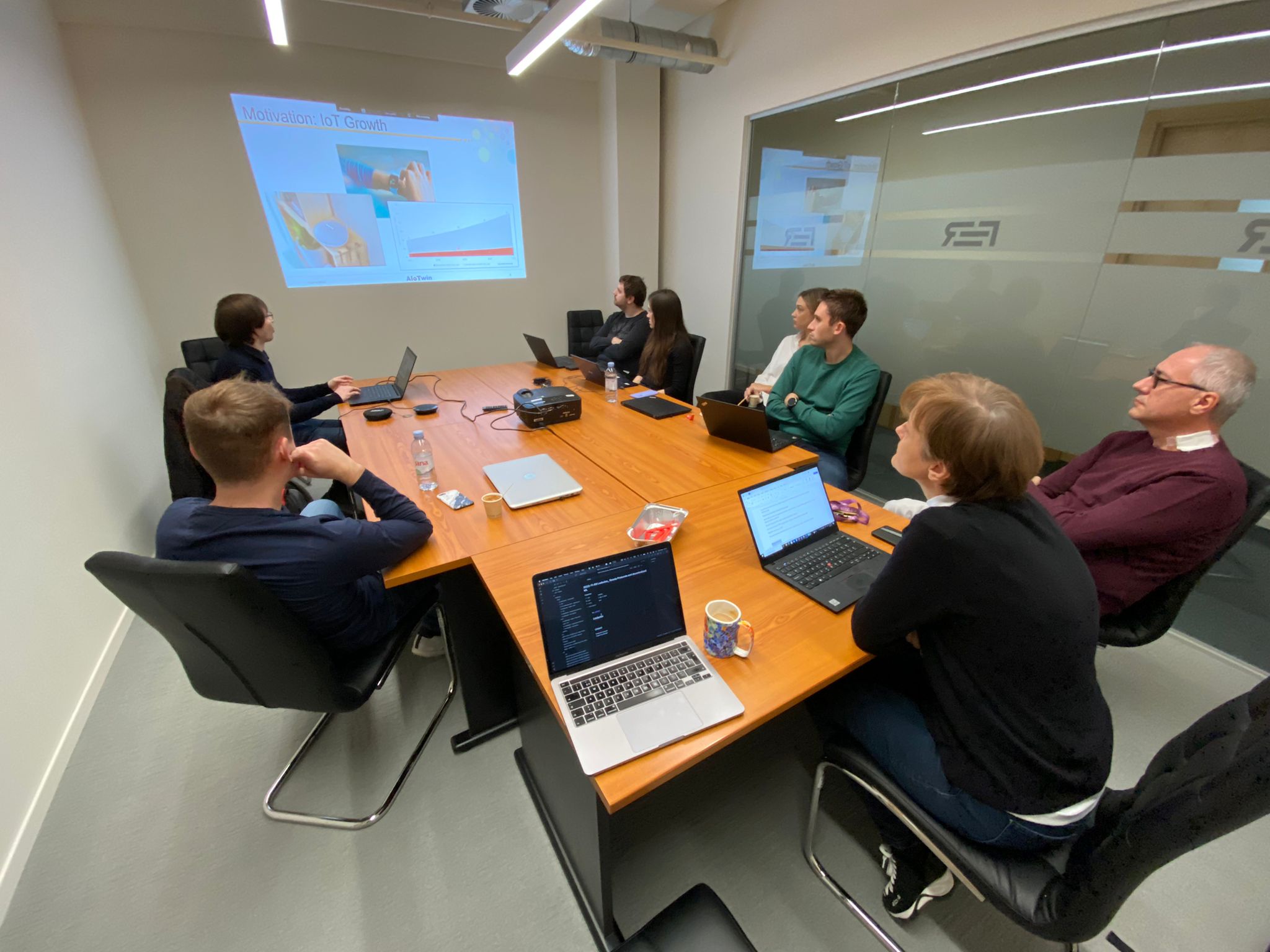
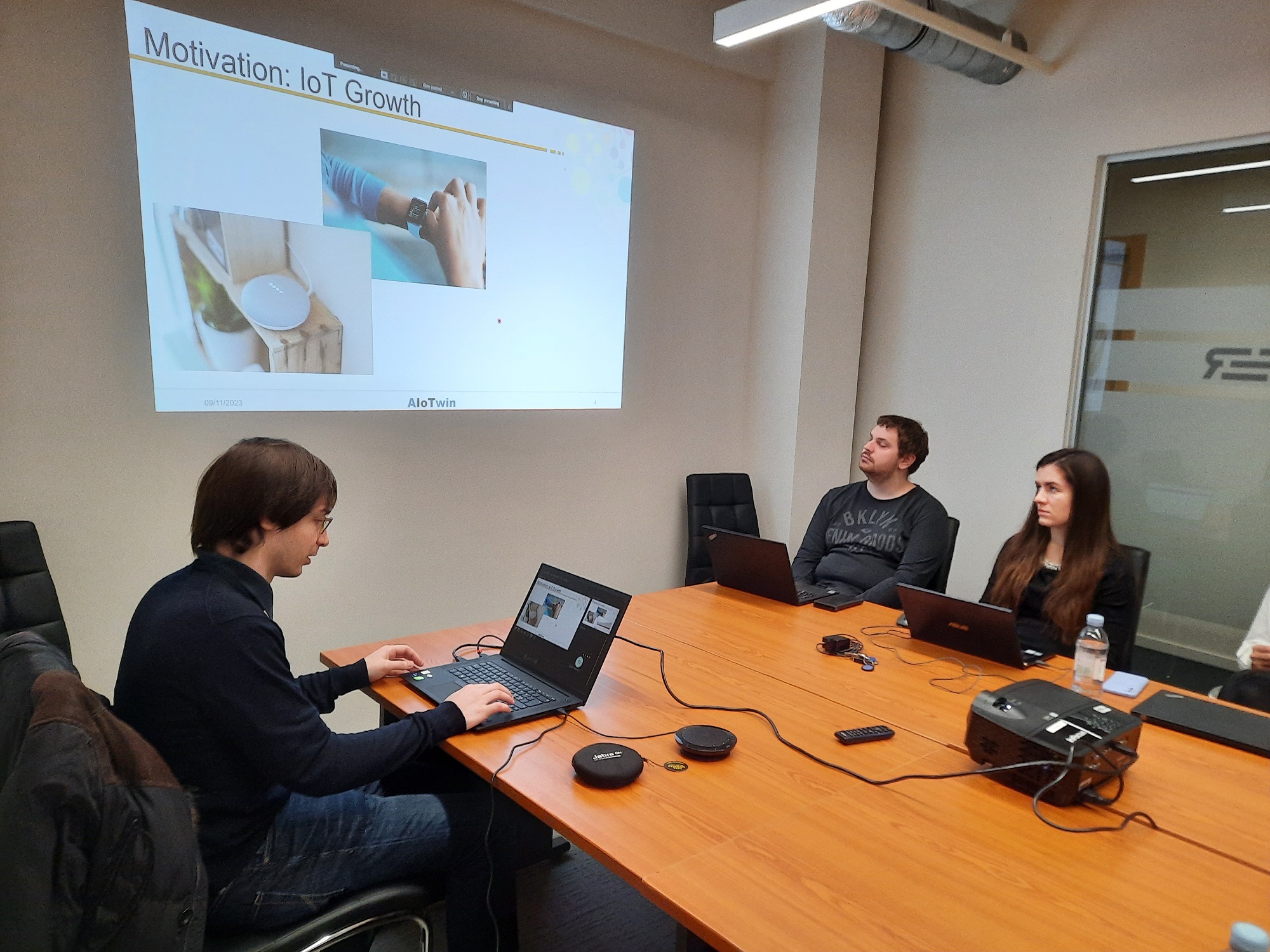
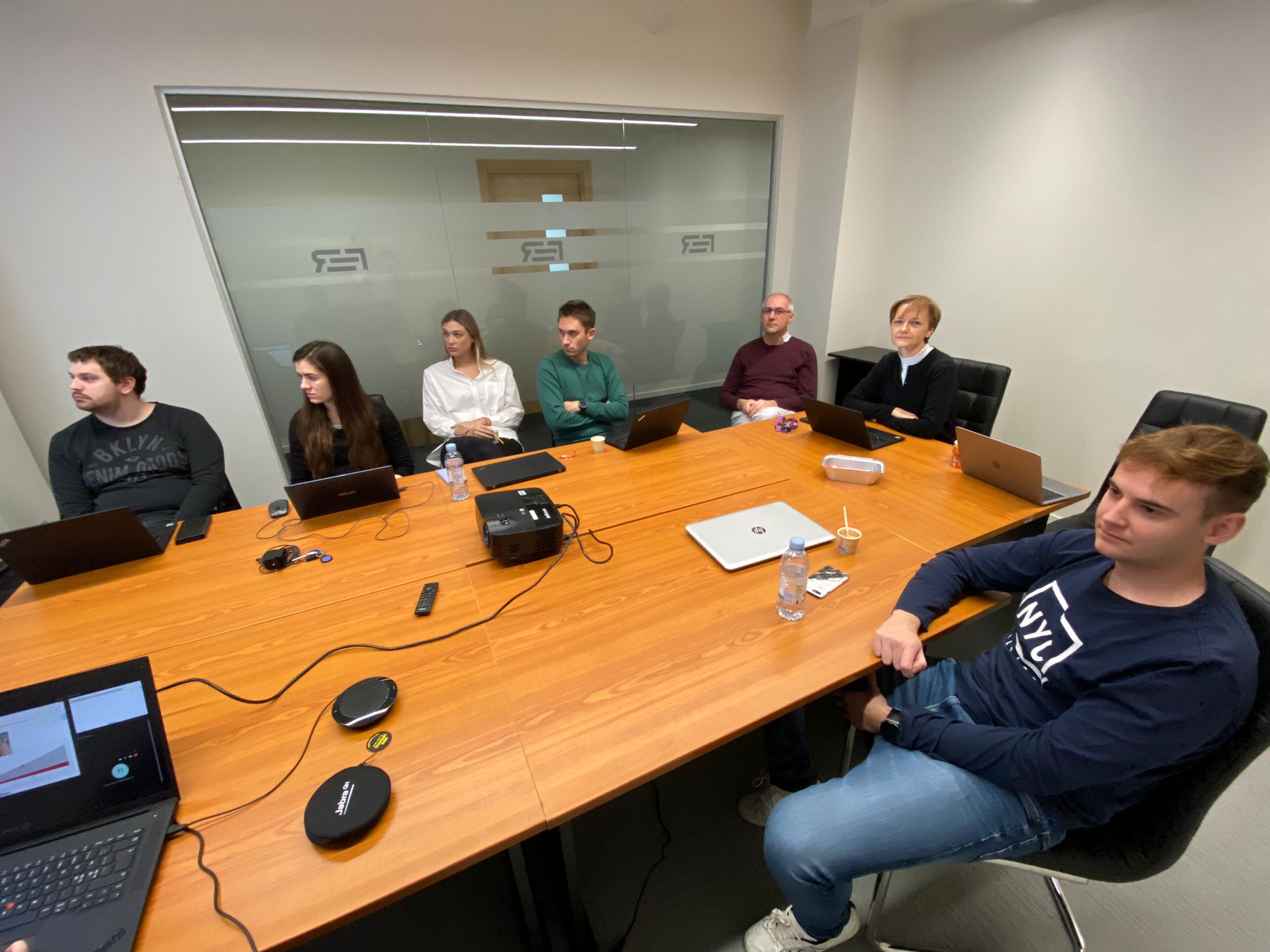
Bio: Dr. Lodovico Giaretta is a researcher in the Department of Computer Science, RISE Research Institutes of Sweden. He obtained a double M.Sc. degree in Cloud Computing from Technische Universitaet Berlin and the Royal Institute of Technology, Stockholm, in 2019. In 2023, he obtained his Ph.D. degree in Information and Communication Technology from the Royal Institute of Technology, Stockholm, with a thesis titled "Towards Decentralized Graph Learning". Lodovico's research focuses on achieving "decentralised graph learning", where a network of edge/IoT devices can continuously, dynamically learn and collaborate based on their interactions with their neighbours. Due to the significant interdisciplinarity of this vision, Lodovico's research interest range from decentralised ML to privacy-preserving computation techniques, graph representation learning approaches, edge computing, and ML security. Lodovico’s research is partially funded by the AIoTwin project.
